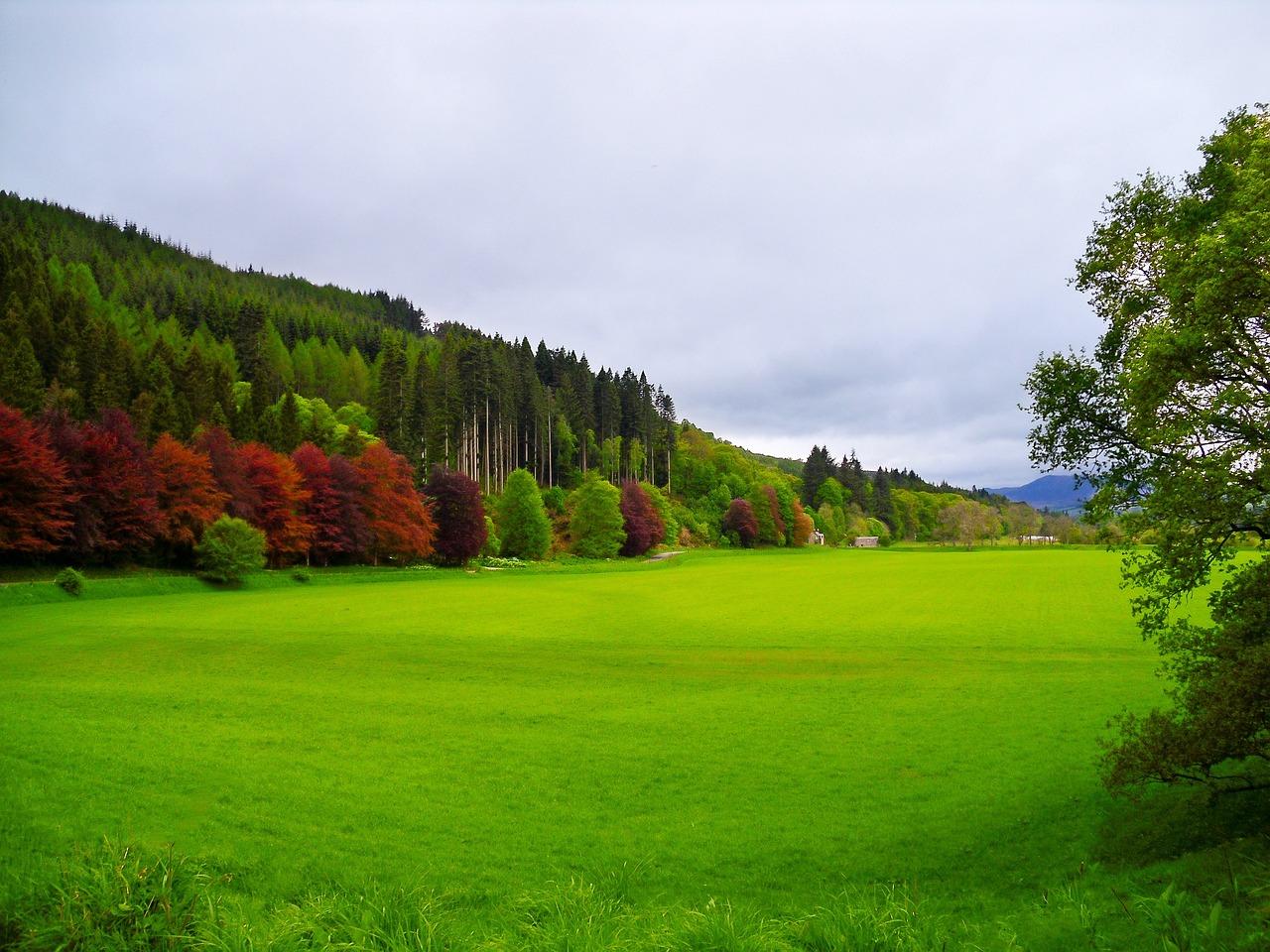Rural business and landowners and community projects can benefit from a range of government funding available to support projects of all types.
Taking a traditional approach to supporting biodiversity and providing direct funding for development and implementation of projects is the Nature Restoration Fund (NRF).
The NRF is publicly funded and is currently supporting more than 65 projects across Scotland. It focuses on biodiversity projects and has received a large number of applications. Habitat connection, water quality, and habitat restoration are key areas of focus for the NRF which provides grants of between £25,000 and £250,000 in the “Helping Nature” stream and over £250,000 for larger projects in the “Transforming Nature” stream.
There are a number of opportunities to apply, through an expression of interest form, but all spending must be completed by March 2026. The next application deadline for the competitive funding is 25th April 2024 (with decisions due to be made in July).
An alternative to the more traditional NRF route for landowners, and communities looking to enhance Natural Capital and biodiversity is FIRNS (The Facility for Investment Ready Nature in Scotland).
The Scottish Government announced the first round of FIRNS funding in February 2023 as a way to encourage investment in nature.
FIRNS provides a valuable resource for nature-based projects to develop their viability, while delivering scientifically credible outcomes. It is an important first step in this very innovative, developing marketplace. Although co-funded by National Lottery Heritage Fund, FIRNS is a Scottish Government-backed initiative.
In the past few months, Galbraith has been working on a number of projects making use of the FIRNS funding. There is a wide breadth of projects in the pipeline, from community wealth building and engagement to developing biodiversity on farms and passion projects for individual landowners and local councils. The breadth of projects is brought together by a focus on generating value from Natural Capital and investing in communities.
Many projects have brilliant ideas, creative visions for landscape-scale development, community engagement and regenerative agricultural business, but have traditionally been reliant on public funding. FIRNS aims to take these projects and develop the governance, management and finance elements to a level where they are prepared for private financing, or to put it another way, investment ready.
The various elements of the projects are often more complex than having the vision or determining what it is that needs to be conserved; involving in most cases, multiple landowners, creative strategies for land offerings, community and investor engagement.
There are several key factors that can boost the success of nature-based projects which have traditionally faced barriers – legal ownership of an ecosystem service, the process of the accreditation and verification of benefits offered (which in many cases are intangible or difficult to measure) and enacting a sustainable governance structure.
Galbraith’s project involvement often focuses on bringing together these complex elements with our understanding of the current land systems, operations, and economy to overcome barriers and work with landowners to develop win-win offers for corporate entities who wish to invest in natural capital.
Galbraith has been developing a level of experience through involvement in these projects and our teams are now adept at processing complexity, clarifying the options available to structure investment, and providing advice on building a sustainable project which has all the right factors to appeal to an investor.
This has also involved discussion with investors or sponsors to better understand their aims, requirements, and values. Matching these values to a project’s features or principles is often the key in linking a project with a suitable sponsor.
The FIRNS funding has now welcomed a second round of applications which will be determined in April 2024. Having worked with a number of projects both in the first phase of FIRNS, and under the NRF, Galbraith is well placed to provide advice to those who receive funding in the future rounds and provide the knowledge and skills to assist any project’s journey to investment readiness.


